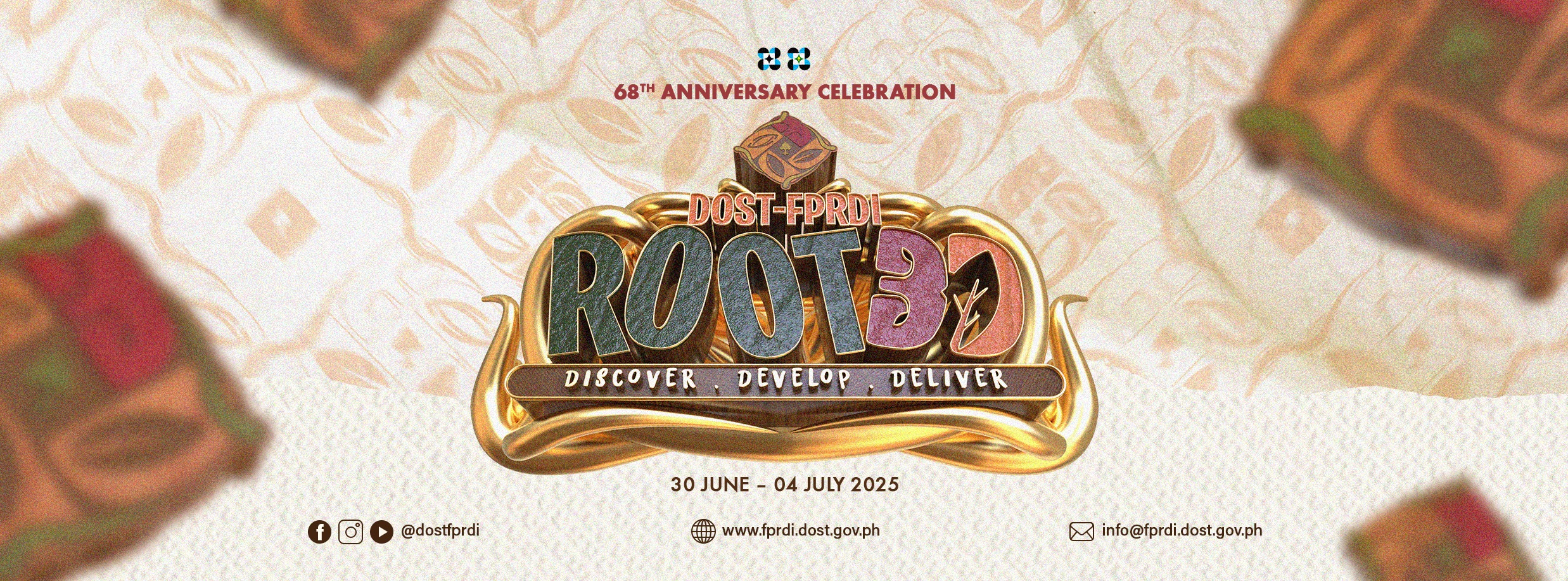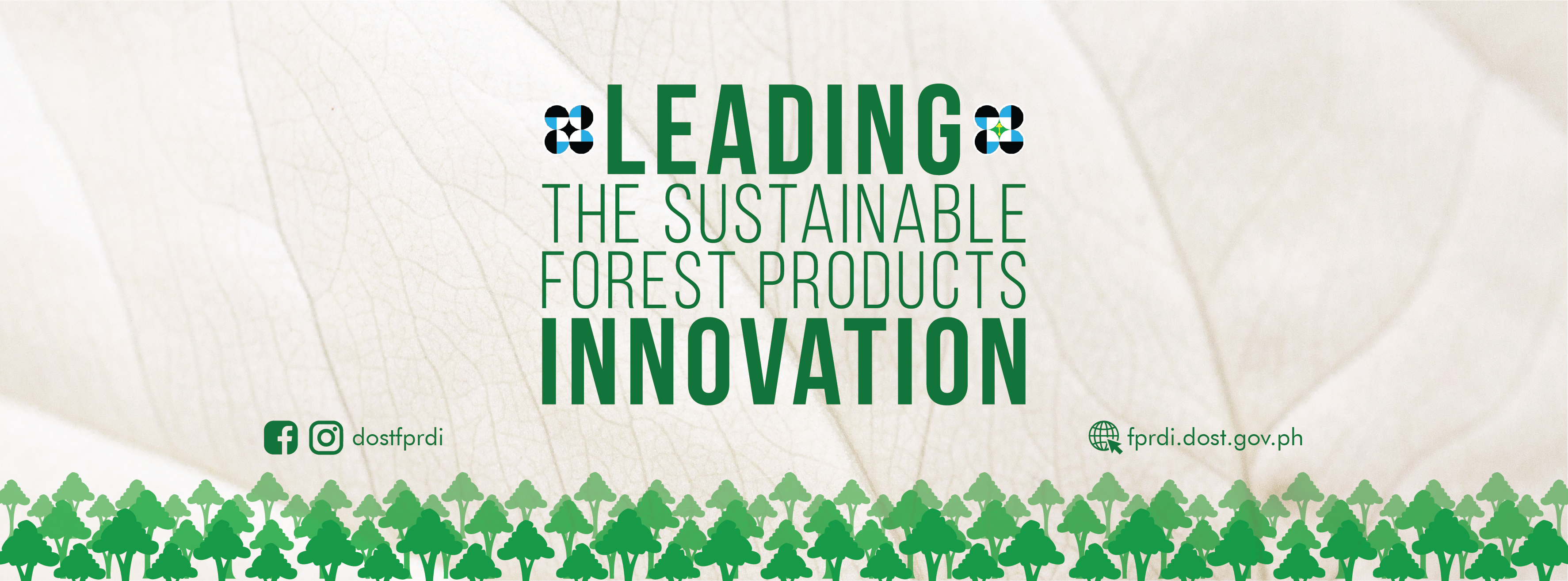DOST pushes for development of regional forest-based industries
- Details
A Department of Science and Technology (DOST) project that targets to scale up and support the forest-based industries is on a roll. This, after the DOST-Forest Products Research and Development Institute (DOST-FPRDI) recently turned over modern wood processing equipment to select state universities and colleges (SUCs) in the country.
The initiative was part of the project “Establishment of Regional Forest Products Innovation and Training Centers (FPITCs) in the Philippines”, which is a collaboration among DOST-FPRDI, DOST Regional and Provincial offices and SUCs.
DOST Secretary Renato U. Solidum, Jr. sees this as an important move to advance the forest-based industries in the Philippines. “Regional FPITCs will accelerate innovation and technology transfer in the country, while improving the efficiency, sustainability, and profitability of forest-based industries. Through these centers, we will provide solutions and open opportunities for MSMEs.”
DOST-FPRDI commits to sustainable, greener economy
- Details
The DOST-Forest Products Research and Development Institute (DOST-FPRDI) fortifies its commitment to a sustainable future by continuously developing innovations that are eco-friendly and relevant. Among these are the Institute’s bamboo technologies featured during the 2024 National Science, Technology and Innovation Week (NSTW) held last November 27 - December 01 in Cagayan de Oro City.
In the forum “Bamboo Innovations: Technologies for a Greener Economy” conducted on November 28 and coincided with the NSTW, the Institute explored collaboration with industry players by discussing how bamboo could be a viable opportunity for local enterprises and institutions.
DOST-FPRDI, BARMM ink pact to develop local wood carving industry
- Details
The Department of Science and Technology-Forest Products Research and Development Institute (DOST-FPRDI) and several agencies in the Bangsamoro Autonomous Region in Muslim Mindanao (BARMM) will work together to further boost the local carving industry in Lanao del Sur.
Through the “Likhain at Linangin Obra mula sa Kahoy (LiLOK): Valuing the Wood Carving Industry in the Philippines” program, DOST-FPRDI, Ministry of Science and Technology-BARMM (MOST- BARMM), Ministry of Trade, Investment and Tourism-BARMM (MTIT-BARMM), and the Local Government Unit of Tugaya, Lanao del Sur, will assist Tugaya wood carvers in improving their product quality and marketability.
Tugaya artisans are known for their exceptional craftsmanship in wood carving and brassware making, which display Okir and other Maranao art patterns. Characterized by geometric and symbolic elements, Okir is a unique pattern or design that reflects the beauty and rich cultural heritage of the Maranaos.











